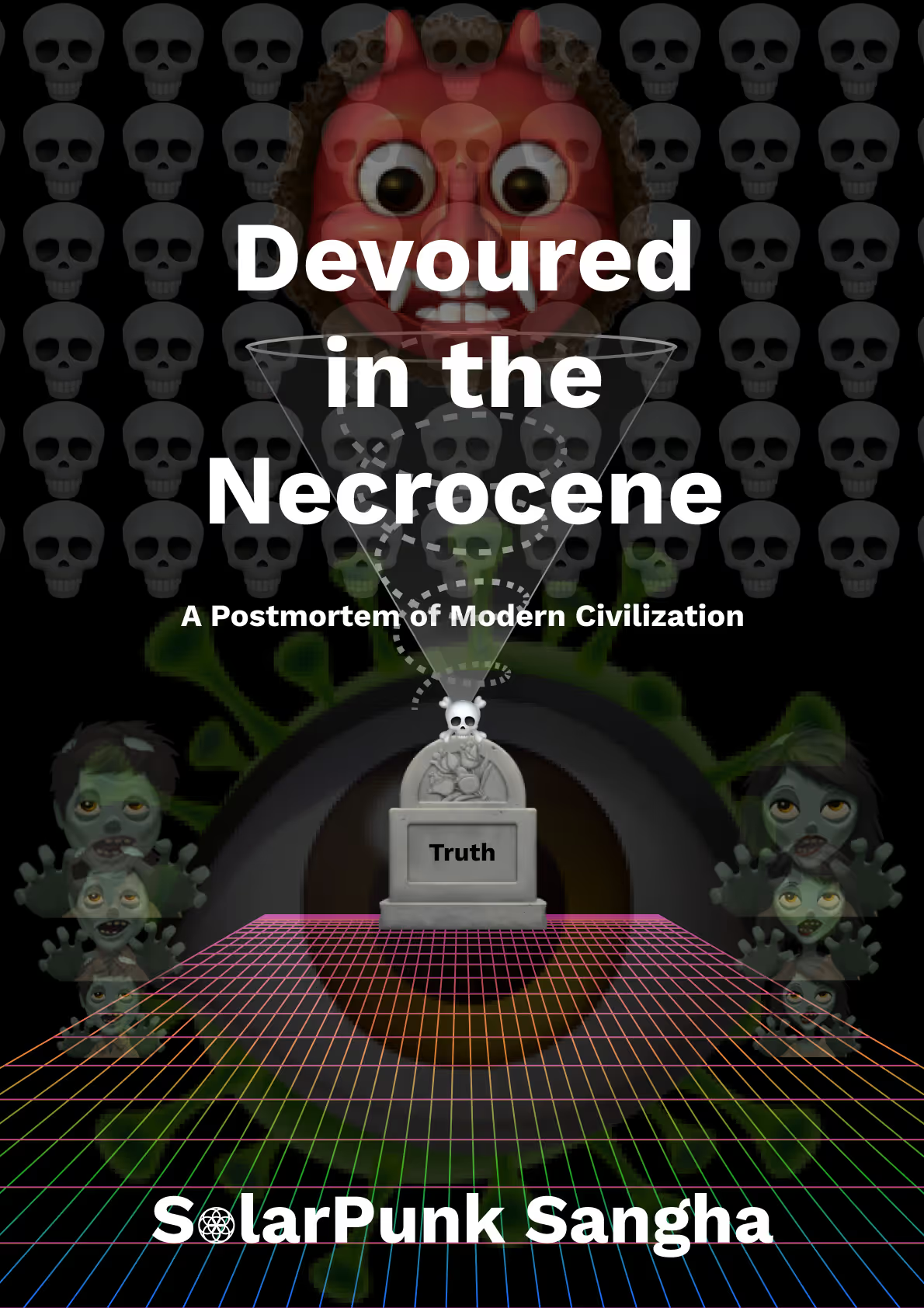Structural Violence
Foundational Logic
The Daemonic Nature: Violence is not an aberration but the primary operating system - the invisible energy source powering extraction, domination, and control.
🔮 Sustainability Theorems
A cross-domain analysis of Political, Economic, Cultural, and Ecological theories.
Political Theory
Necroviolence
Economic Theory
Prolonged Violence
Cultural Theory
Epistemic Violence
Ecological Theory
Ecological Violence
Designs systems where some lives are disposable—hoarding safety, health, and dignity for the few by sacrificing the many.
📑 Observations
Establishing a triage containing observations of social experience.
🪞 Self-Enquiry
In what ways do my daily choices depend on or ignore systems of violence I don't have to see?
🩺 Diagnosis Questions
1. Does the system require some beings to suffer for others to flourish?
2. Is harm externalized to invisible populations or future generations?
3. Are there sacrificial logics built into economic and political calculations?
Related Variables
-Direct and indirect mortality rates from systemic causes
-Wealth transfer from vulnerable to powerful
-Ecological damage costs vs. prevention costs
"These people have always been divided, we're just managing the situation (mowing the grass)."
🩻 Targeted Organ
The Lungs
Capacity for Collective Solidarity
🧾 Rationale
To create a permanent crisis economy where destruction becomes profitable.
💉 Extraction/Cultivation
Targeting family homes, community centers, mosques, and schools, the infrastructure of social reproduction.
😷 Defense/Propagation
Naturalization: Framing fragmentation as ancient "tribal conflicts" rather than engineered policy.
❌ Tetrad Analysis
- Object of Perception: Social Order
- ENHANCES: Social control through fear; efficiency of domination; externalization of costs
- OBSOLESCES: Empathy; solidarity; restorative justice; visible accountability
- RETRIEVES: Colonial and feudal power relations, sanitized through bureaucracy
- REVERSES INTO: Pervasive insecurity and paranoia that ultimately threatens the powerful; normalized pathology becomes visible as systemic collapses
📝 Partial Diagnosis
Normalized Pathological Violence - Harm is so embedded it becomes invisible, treated as "the way things are"
⚗️ Research Repository
🔮 Engagement Circle
🧊 Life Course
🎓 Case Study
The Prison-Industrial Complex
Direct physical violence as economic engine and social control.
📚 Literature
"The Land of Open Graves: Living and Dying on the Migrant Trail" by Jason De León (2015)
The author, an anthropologist, coined the term "necroviolence" and his work provides a forensic and ethnographic analysis of how state policies constitute a form of structural violence that continues to exert force on the bodies of migrants even after death.




